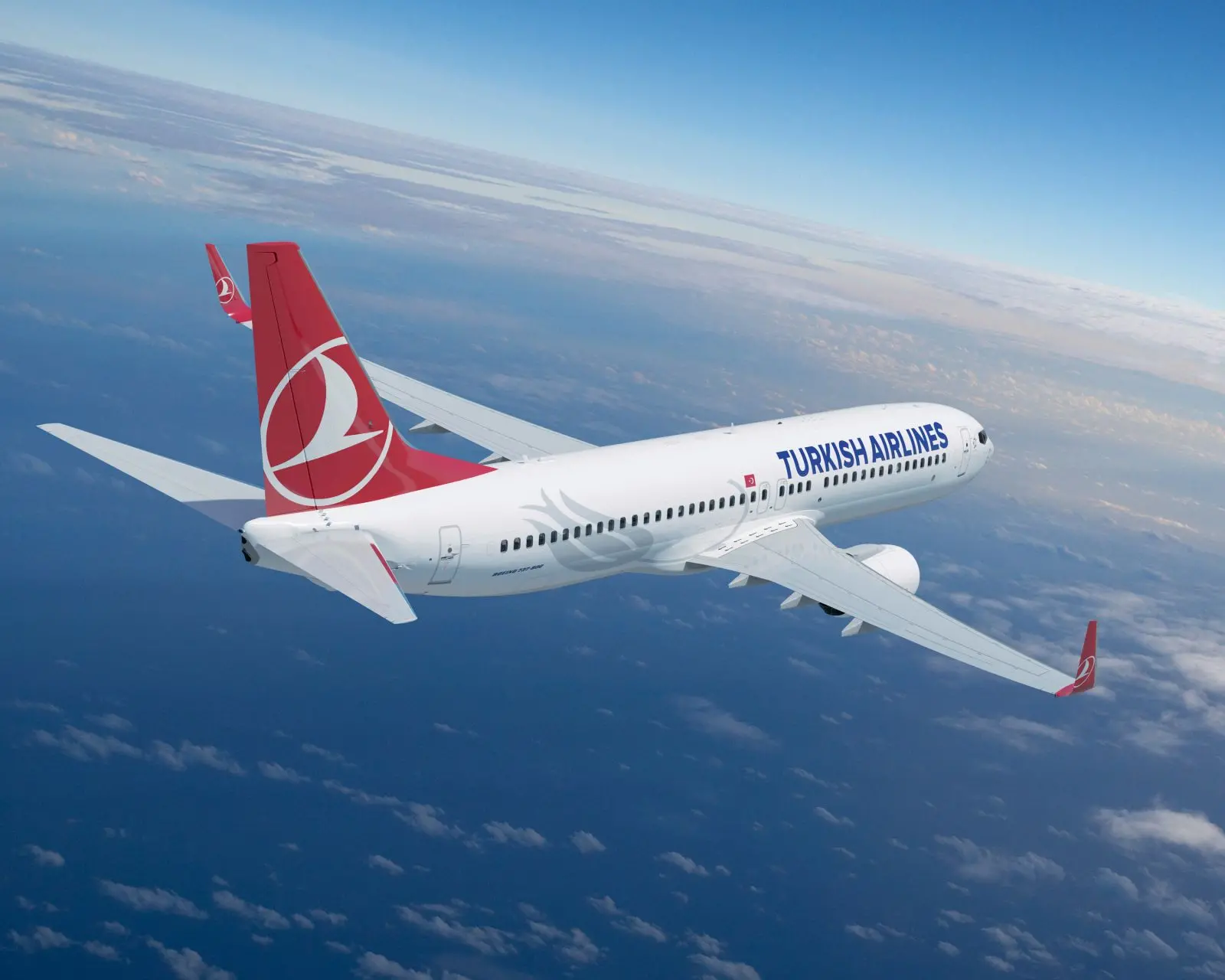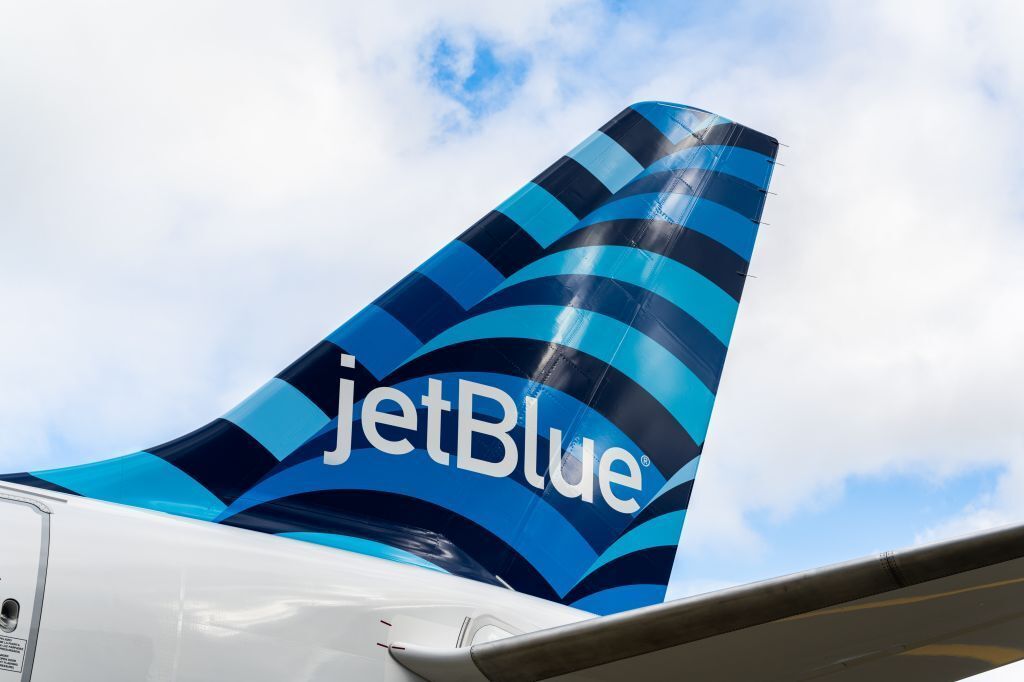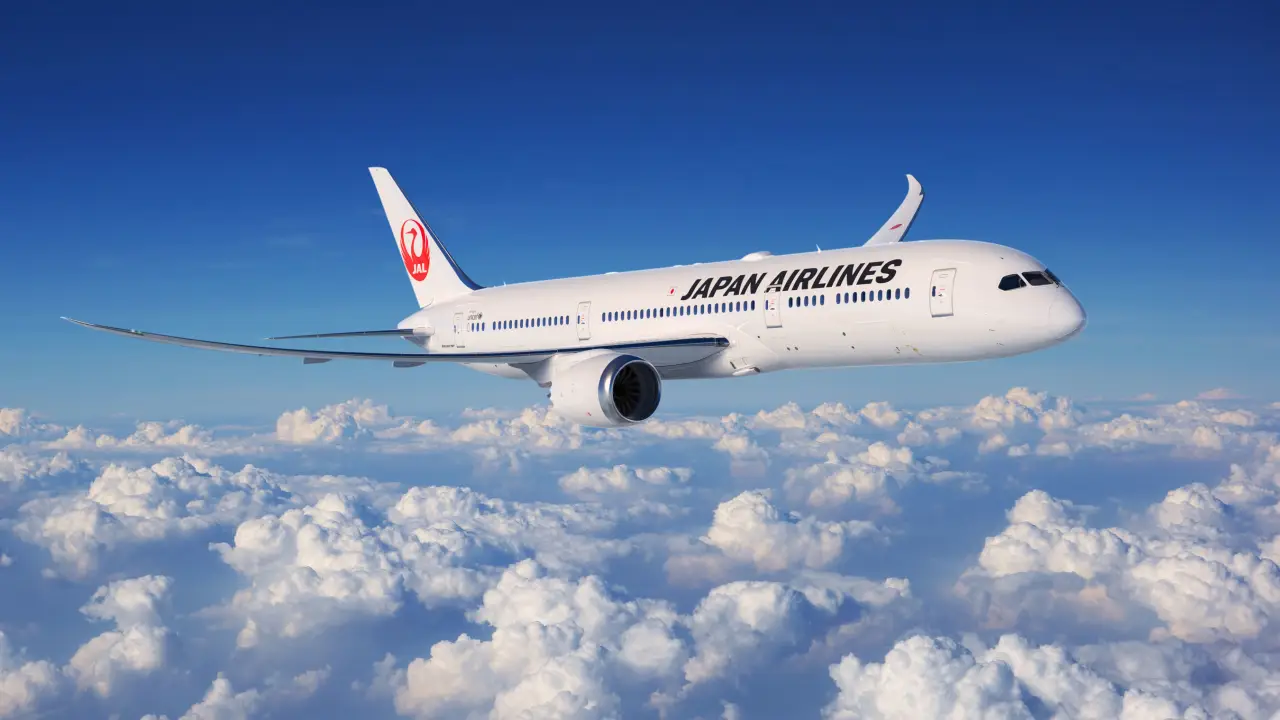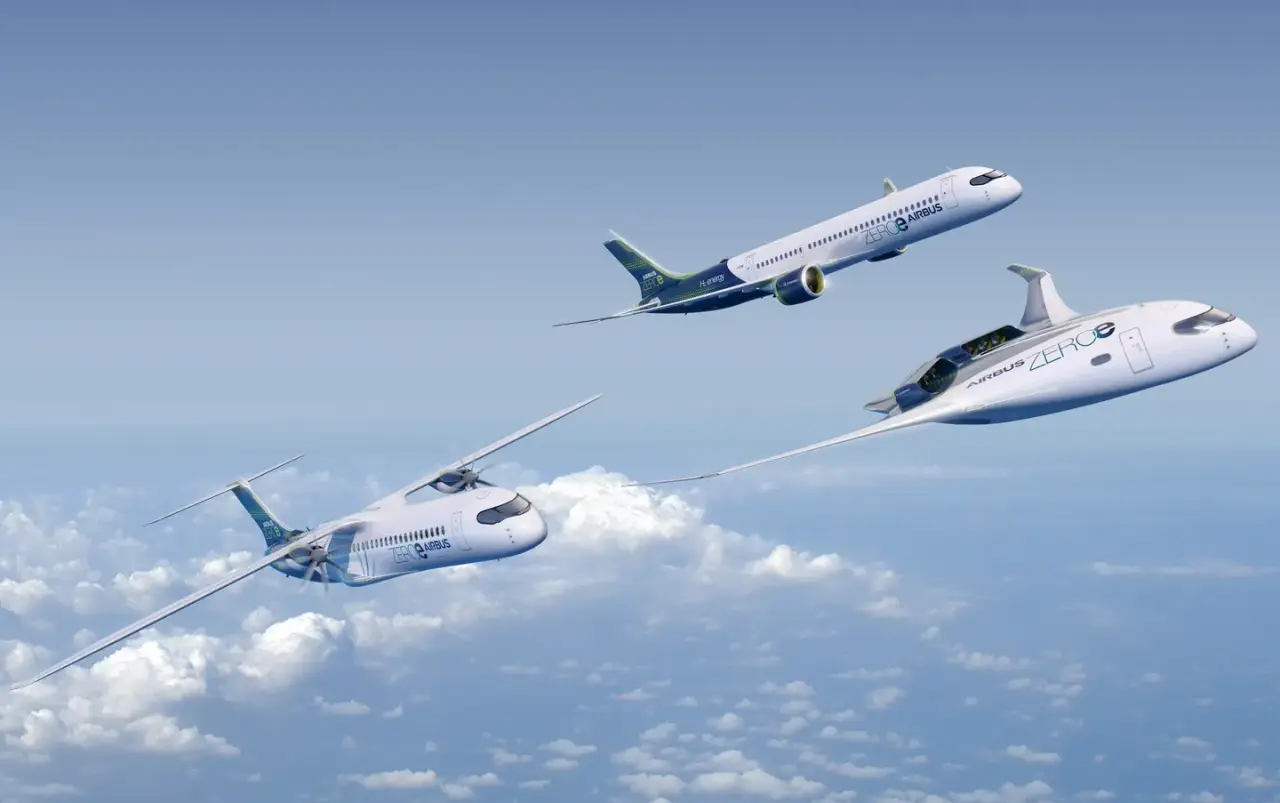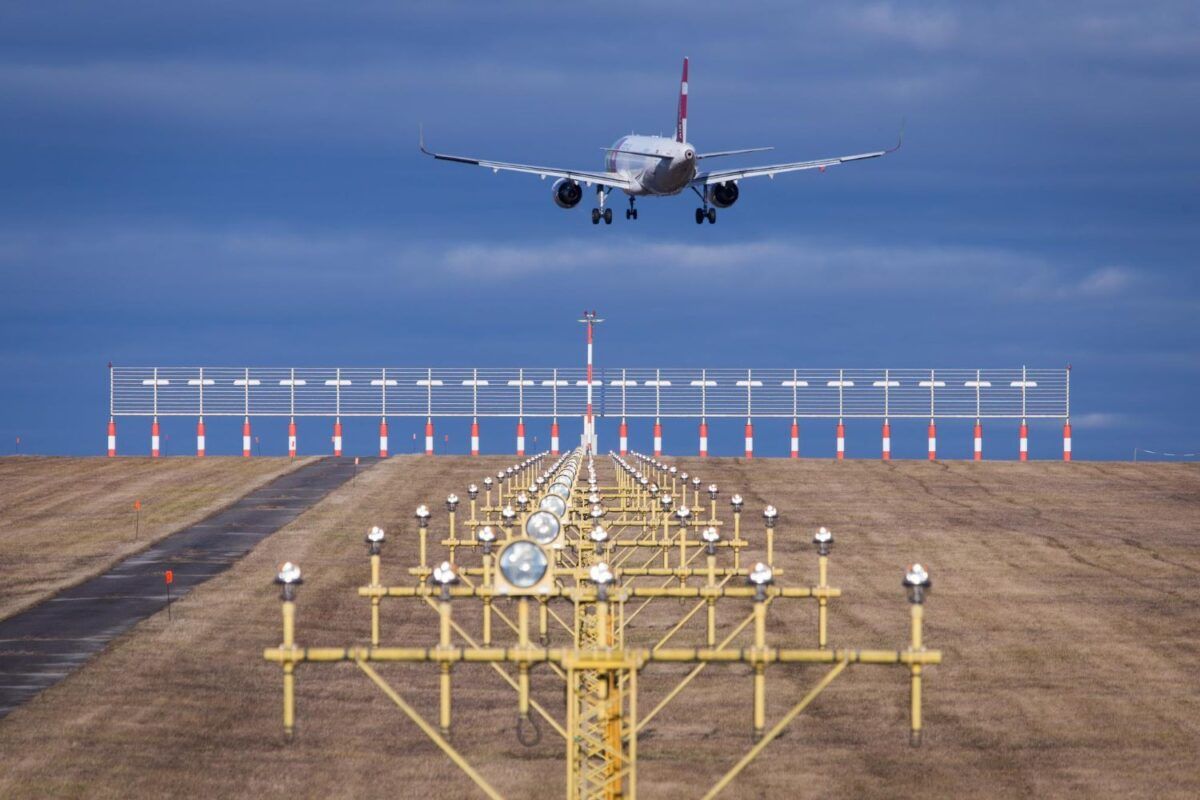The Quebec-based plane and train maker Bombardier exited commercial aerospace with the sale of its remaining interest in the A220 partnership. In 2016, Bombardier’s commercial aerospace business lost approximately $400 million and was consuming approximately $1 billion in cash.
Bombardier has entered into an agreement with Airbus SE and the Government of Quebec, under which Bombardier transferred its shares in the Airbus Canada Limited Partnership (ACLP) to Airbus and the Government of Quebec, improving Bombardier’s cash position. This includes cash proceeds of ~$600 million from Airbus, of which $531 million was paid upon closing with the balance to be paid over 2020-21, and the elimination of all future capital requirements for the A220 program, estimated at ~ $700 million.
Bombardier will also transfer aerostructures activities and employees supporting the A220 and A330 in St-Laurent, Québec to Airbus subsidiary Stelia Aerospace. Finally, the agreement provides for the cancelation of 100,000,000 Bombardier warrants owned by Airbus.
“This agreement with Bombardier and the Government of Québec demonstrates our support and commitment to the A220 and Airbus in Canada. Furthermore it extends our trustful partnership with the Government of Québec. This is good news for our customers and employees as well as for the Québec and Canadian aerospace industry,” said Airbus Chief Executive Officer Guillaume Faury. “I would like to sincerely thank Bombardier for the strong collaboration during our partnership. We are committed to this fantastic aircraft programme and we are aligned with the Government of Québec in our ambition to bring long-term visibility to the Québec and Canadian aerospace industry.”
“I am proud that our government was able to reach this agreement. We have succeeded in protecting paying jobs and the exceptional expertise developed in Québec, despite the major challenges we faced in this regard when we took office. We have consolidated the government’s position in the partnership, while respecting our commitment not to reinvest in the program. By opting to strengthen its presence here, Airbus has chosen to focus on our talents and our creativity. The decision of an industrial giant like Airbus to invest more in Québec will help attract other world-class prime contractors,” the Premier of Québec, François Legault, stated.
“This agreement is excellent news for Québec and its aerospace industry. The A220 partnership is now well established and will continue to grow in Québec. The agreement will allow Bombardier to improve its financial situation and Airbus to increase its presence and footprint in Québec. It’s a win–win situation for both the private partners and the industry,” pointed out Pierre Fitzgibbon, Minister of the Economy and Innovation.
“We are incredibly proud of the many achievements and tremendous impact Bombardier had on the commercial aviation industry,” said Alain Bellemare, President and Chief Executive Officer, Bombardier Inc. “We are equally proud of the responsible way in which we have exited commercial aerospace, preserving jobs and reinforcing the aerospace cluster in Québec and Canada. And, we are confident that the A220 program will enjoy a long and successful run under Airbus’ and Québec’s stewardship.”
Bombardier’s consolidated revenues for the year were $15.8 billion, highlighted by an 8.5% growth in business aircraft activities. The growth in Aviation revenues were offset by the lower contribution from commercial aircraft businesses following their divestitures. Revenues at Transportation also decreased, mainly due to contract estimate revisions.
2020 Outlook
Revenues from its sustaining business aircraft and Transportation activities in 2020 are expected to grow organically by double-digit percentage over the $13.7 billion revenues recorded from these businesses in 2019. This strong growth is driven mainly from the acceleration of Global 7500 deliveries contributing to a total of 160 aircraft or more for the year at Aviation. The consolidated revenue growth is also supported by the ongoing production ramp-up of Transportation, driven by the solid orders from the past few years.
Adjusted EBITDA and adjusted EBIT are expected to increase to approximately 7.0% and 3.5% respectively, mainly from the acceleration of Global 7500 deliveries at Aviation and gradual margin normalization at Transportation. The adjusted EBIT margin expansion includes a higher amortization expense as Global 7500 deliveries increase. The full year outlook for earnings reflects the partial year contribution from ongoing divestitures of the CRJ program and Aerostructures businesses.
Free cash flow is expected to be positive in 2020, excluding Credit and RVG payments. These residual liabilities related to the exit of commercial aircraft are estimated to be approximately $200 million for the year and are expected to be paid from the CRJ transaction proceeds.




